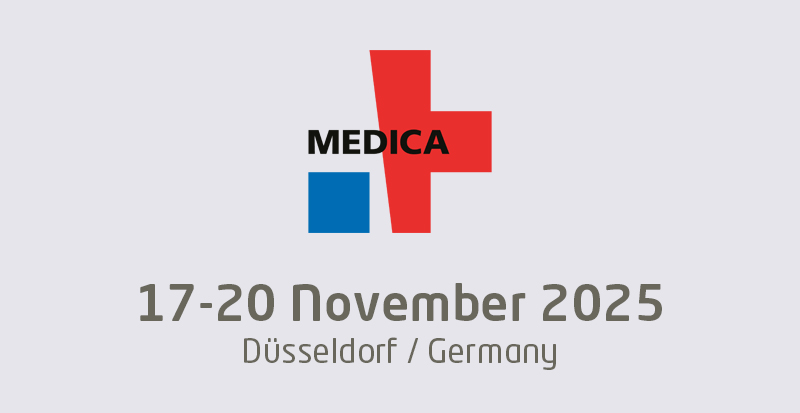Nearly 26 percent of hospitals have a comprehensive EHR system, more than quintuple the figure from 2010, according to the AHA report.
While most hospitals utilize a basic electronic health record (EHR) system, more advanced use of health care IT is still a challenge, according to data from the American Hospital Association’s 2013 Annual Survey IT Supplement.
According to the data, 59 percent of hospitals have a basic or comprehensive EHR system (quadruple the figure from 2010), but while the majority of hospitals can meet many of the Stage 2 Meaningful Use requirements, only 5.8 percent of hospitals are able to meet all of those criteria.
Stage 2 Meaningful Use requirements stem from the Health Information Technology for Economic and Clinical Health Act, which was passed in 2009. It provided $30 billion to promote “meaningful use” of EHRs through the Medicare and Medicaid EHR Incentive Program, which have progressive stages for advanced use of EHRs.
Stage 2 Meaningful Use includes 16 core objectives, such as the ability of patients to view and download their health information, as well as the ability of hospitals to transmit health information between facilities, such as a skilled nursing center and a hospital.
On a more positive note, nearly 26 percent of hospitals have a comprehensive EHR system, more than quintuple the figure from 2010.
The data is featured in an article in the August issue of Health Affairs, and is co-authored by Peter Kralovec, executive director of Health Forum’s Health Care Data Center, as well as Chantal Worzala, director for policy at the AHA.
The AHA has urged the Centers for Medicare & Medicaid Services (CMS) and Office of the National Coordinator to take immediate steps to ensure the success of the meaningful use program, starting with finalizing the rule offering some limited flexibility in 2014 that was proposed in May.
As proposed, the rule expects the vast majority of hospitals to be meeting Stage 2 metrics with 2014 Edition EHRs starting Oct. 1, and report one full year of performance data for fiscal year 2015.
Further, the rule proposes to start Stage 3 in 2017, which gives most providers only two years at Stage 2.
Finally, CMS has yet to release a final rule, even though the last possible reporting period is from July to September 2014.
Most hospitals attested to Stage 1 meaningful use in fiscal year 2013, but critical access hospitals (CAHs) are behind, according to a recent AHA report.
The AHA proposes to allow at least three years for all hospitals and other providers at each stage, arguing the two-year cycle is a regulatory structure that has created unnecessary pressures to put a timeline ahead of the outcome.
The organization also recommended focusing on interoperability and robust testing tools to create a certification program that works, and make sure all new requirements are truly needed.
“Policy should be based on definitive evidence that each requirement can be met and has benefits that clearly outweigh costs,” the report concluded. “Make sure vendor products are interoperable. Improve how EHRs are tested so that certified products work as expected and can share data.”
























